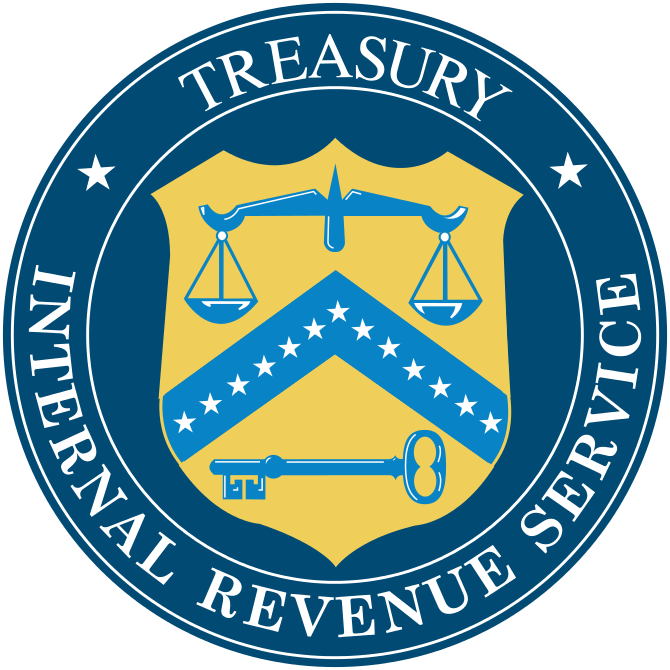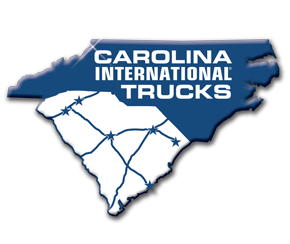What Are the Best Leasing Options for Your Taxes?
If you're an independent owner-operator or you run a small business with a few employees, then you have a lot of tax responsibilities. But that same obligation can give you a great deal of freedom in arranging your finances, especially your profits and expenses, to help keep your business growing. One of the most beneficial tax rules is Section 179, a deduction that applies to capital (including equipment and vehicles) you purchase within the given tax year. Instead of deducting the total price of a vehicle broken up over the course of several years, Section 179 lets you deduct the whole thing your first year of ownership.
What leasing arrangements let you claim deductions under Section 179?
- Use an Equipment Finance Agreement. These agreements are structured nearly identically to a standard lease agreement, but they establish the borrower as the owner instead of the lender, or lessor. Most lenders prefer these agreements because they make liability obligations clear, but they also benefit you in giving you immediate ownership.
- Lease to own under a $1 Buyout Lease. This is a type of non-tax capital lease under which you can pay a fixed monthly amount and then purchase the vehicle outright for one dollar at the end of the lease term. A variation of this gives you the option of purchasing it for ten percent of the cost at the end of the term. Under these arrangements, even though they are considered leases, you and your company own the vehicle in the first year.
Leasing can be a good financial decision for your business because it leaves your capital and your options open. But most of the tax benefits for small businesses lay in purchases and ownership rather than leasing, so be sure to plan out your taxes with every advantage in mind. If you want to learn more about your leasing options and how to best finance for your business, read more here at Carolina International Trucks.


